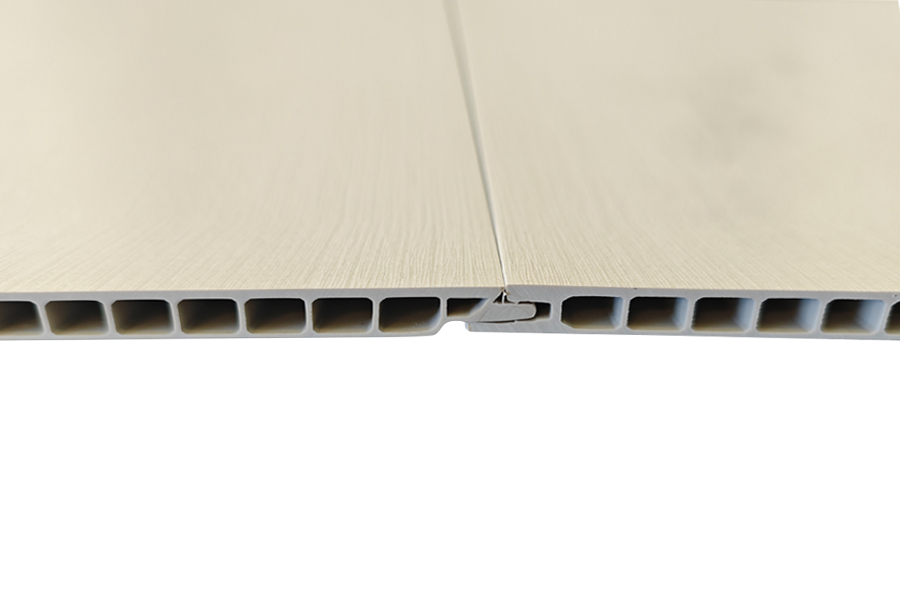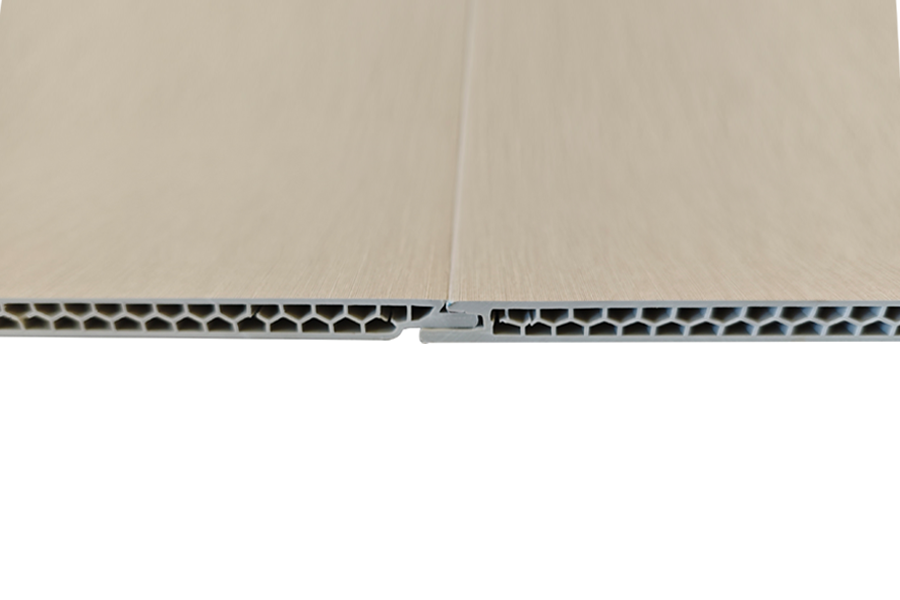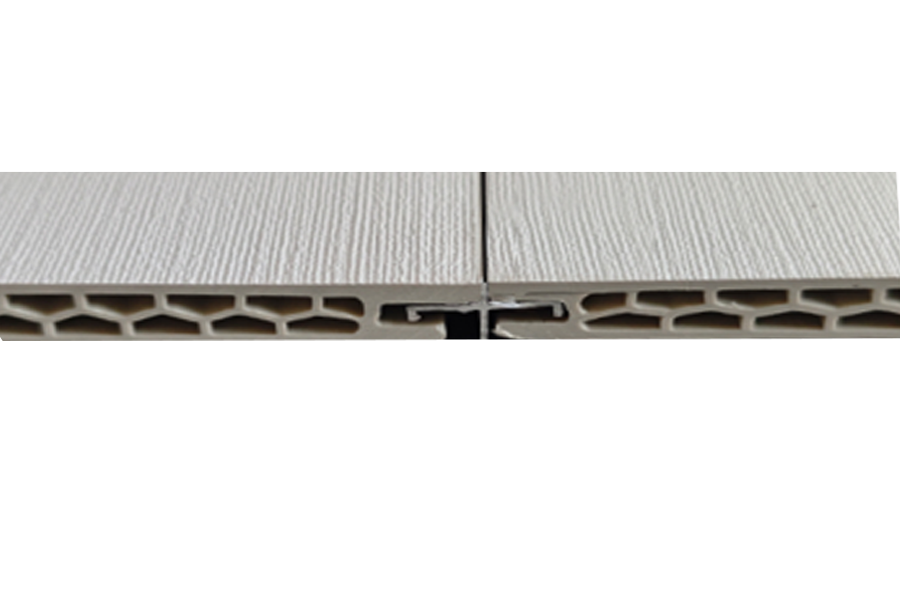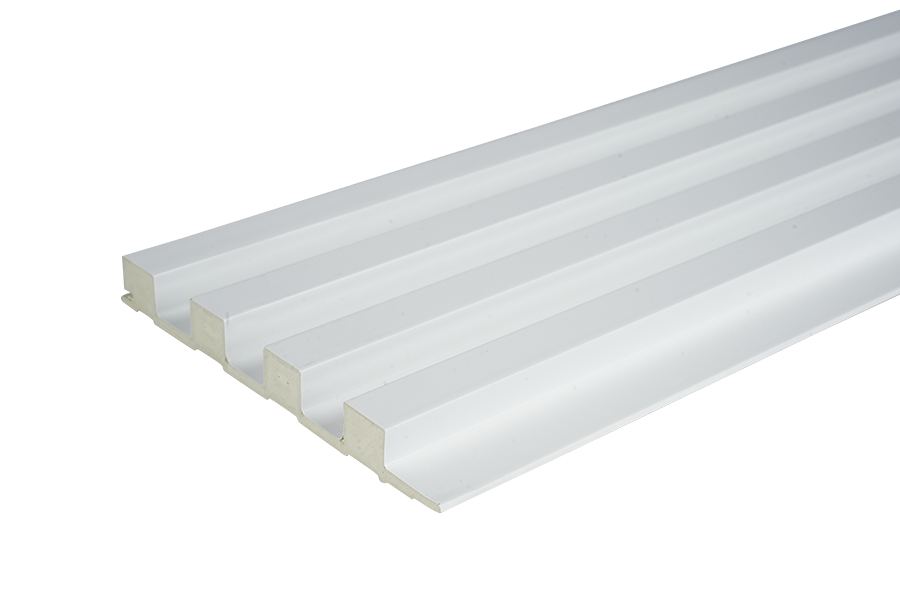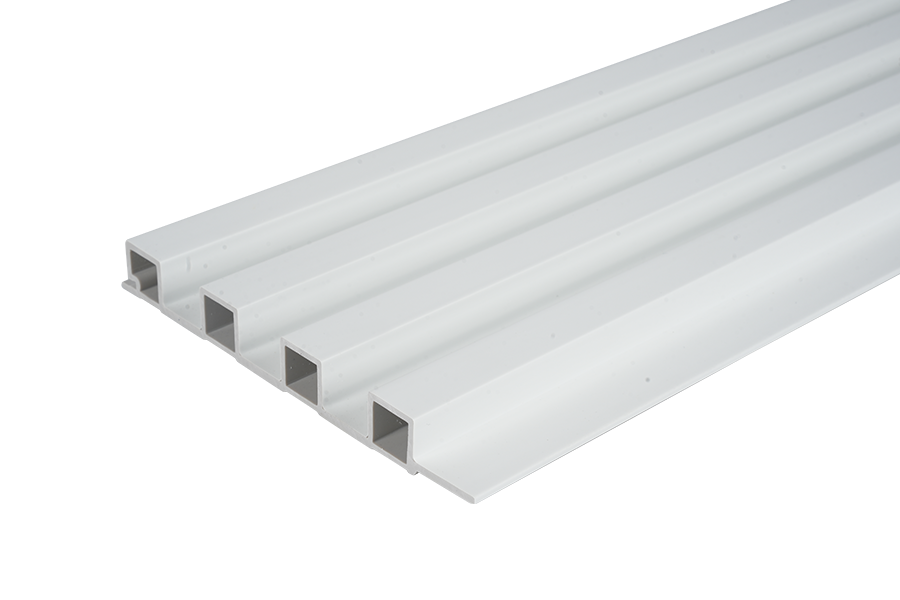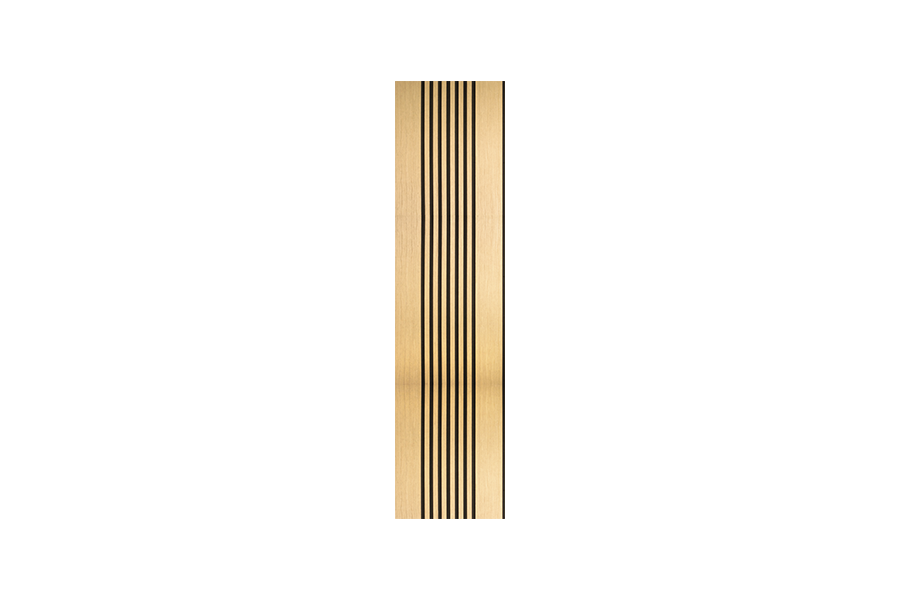Sustainable and aesthetically pleasing materials have gained popularity in architectural and interior design. Among these, bamboo wood panels have emerged as a top choice for acoustic wall applications, offering a good blend of eco-friendliness, durability, and outstanding sound absorption. Unlike traditional materials, bamboo boards provide a unique combination of natural beauty and functional performance, making them ideal for modern spaces.
Why Bamboo is Ideal for Acoustic Solutions
Bamboo is a rapidly renewable resource, growing much faster than hardwood trees, which makes bamboo wood planks a sustainable alternative to conventional timber. Beyond their environmental benefits, these panels possess outstanding acoustic properties. The dense yet porous structure of bamboo boards helps absorb sound waves, reducing echo and improving speech clarity in offices, auditoriums, and residential spaces.
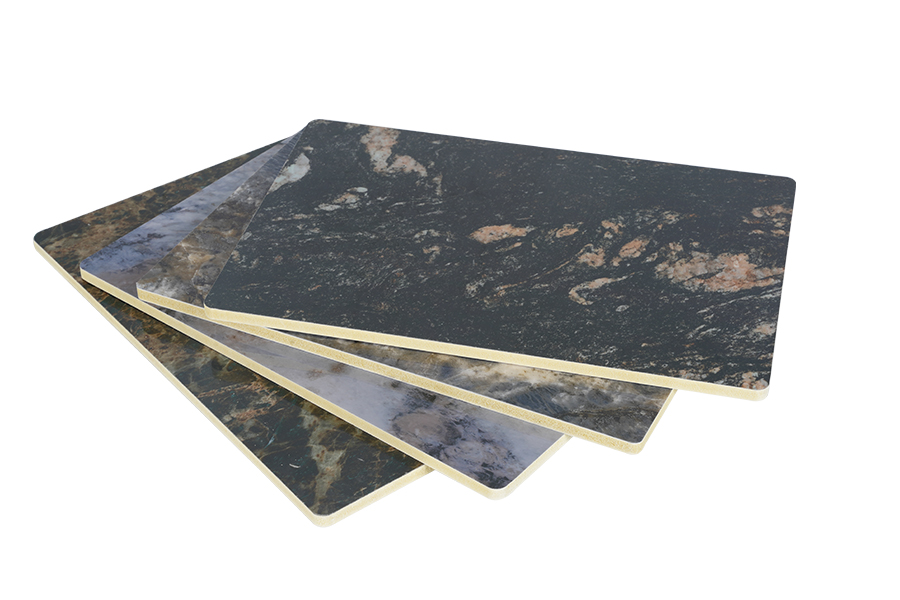
Architects and designers are increasingly specifying bamboo wood panels for their versatility. Whether used as wall cladding, ceiling treatments, or freestanding partitions, they enhance both acoustics and aesthetics. The natural grain patterns of bamboo wood planks add warmth and texture to interiors, making them a preferred choice for high-end commercial and residential projects.
Applications in Modern Acoustic Design
One of the key advantages of bamboo boards is their adaptability. They can be engineered into various forms—perforated, slatted, or textured—to optimize sound absorption. Perforated bamboo wood panels, for example, allow sound waves to penetrate and dissipate within the material, significantly improving noise reduction.
In open-plan offices, where excessive noise can hinder productivity, bamboo wood planks serve as an elegant solution. They can be installed as wall coverings or decorative screens, breaking up sound reflections while maintaining a sleek, modern look. Similarly, in hospitality settings such as hotels and restaurants, bamboo wood panels create a calming ambiance while controlling background noise.
Customization and Aesthetic Flexibility
Another reason for the growing demand for bamboo boards is their customization potential. Available in different stains, finishes, and weaves, they can complement any design scheme—from minimalist Scandinavian to rustic industrial. Some manufacturers even offer digitally printed bamboo wood panels, allowing for bespoke artwork or branding integration without compromising acoustic performance.
For designers seeking a seamless blend of nature and technology, bamboo wood planks provide an outstanding medium. Their lightweight yet sturdy composition allows for easy installation, whether as fixed wall panels or modular systems that can be rearranged as needed.
Durability and Long-Term Performance
Unlike traditional acoustic materials that may degrade over time, bamboo wood panels are known for their resilience. Resistant to warping and moisture, they maintain their structural integrity even in high-humidity environments. This makes bamboo boards suitable for use in spas, gyms, and other moisture-prone areas where both acoustics and durability are critical.
Additionally, the natural hardness of bamboo wood planks ensures long-lasting performance, reducing the need for frequent replacements. When properly treated, they resist scratches and wear, making them a cost-effective investment for both commercial and residential applications.
Sustainability: A Key Selling Point
With green building certifications like LEED gaining importance, bamboo wood panels offer a compelling advantage. As a rapidly renewable material, bamboo sequesters carbon more efficiently than traditional hardwoods, contributing to lower environmental impact. Many bamboo boards are also manufactured using low-VOC adhesives and finishes, ensuring healthier indoor air quality.
For eco-conscious clients, specifying bamboo wood planks is a way to align design choices with sustainability goals. From corporate offices seeking a biophilic aesthetic to residential projects prioritizing natural materials, bamboo delivers on both performance and environmental responsibility.
The use of bamboo wood panels in acoustic wall design is more than just a trend—it's a smart, sustainable choice for modern architecture. Combining natural elegance with advanced sound control, bamboo boards provide a functional and visually appealing solution for noise management. Whether in the form of sleek bamboo wood planks for contemporary interiors or textured panels for enhanced acoustics, this versatile material is reshaping the way we think about soundproofing.






 Español
Español عربى
عربى русский
русский

